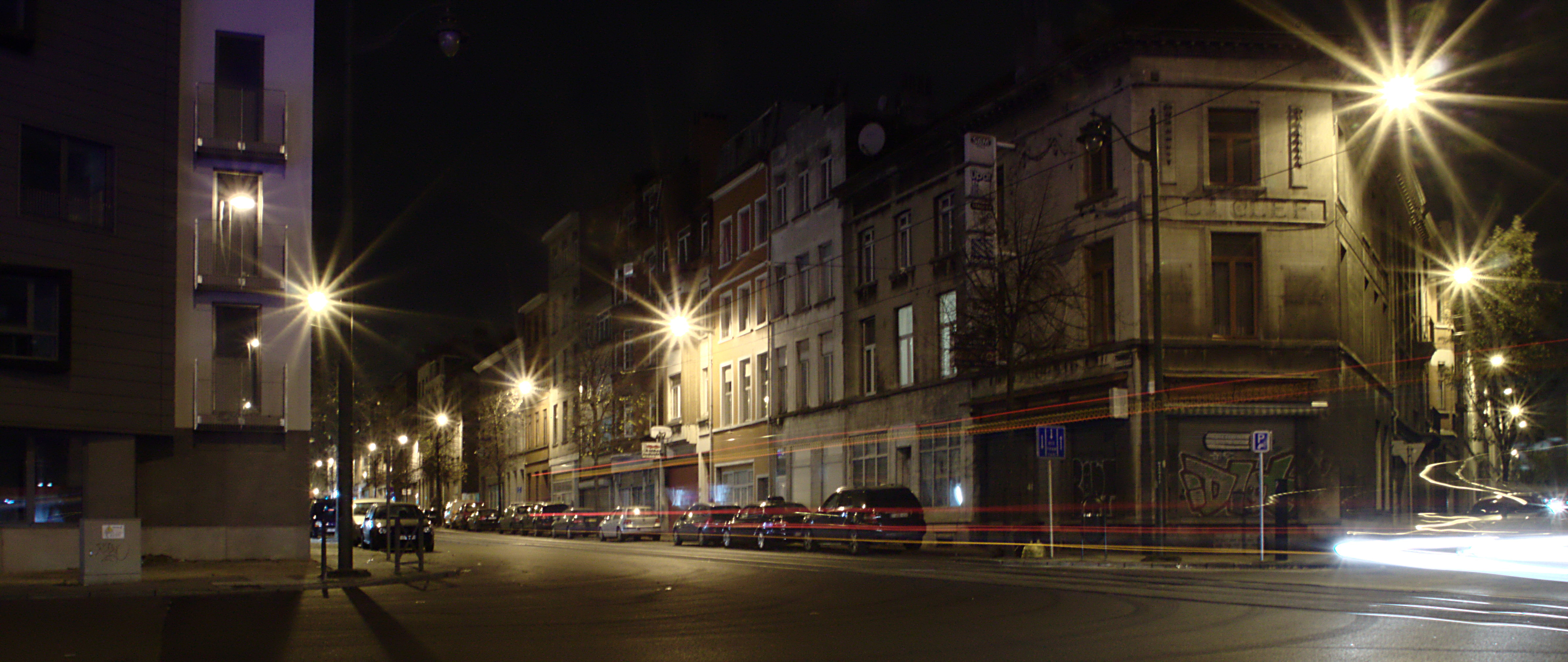
Molenbeek: One of several Jihadi hotspots in Europe
To call Molenbeek a terrorism capital is an exaggeration at best. Focusing on local socio-economic factors obscures European jihadism’s transnational nature.

To call Molenbeek a terrorism capital is an exaggeration at best. Focusing on local socio-economic factors obscures European jihadism’s transnational nature.
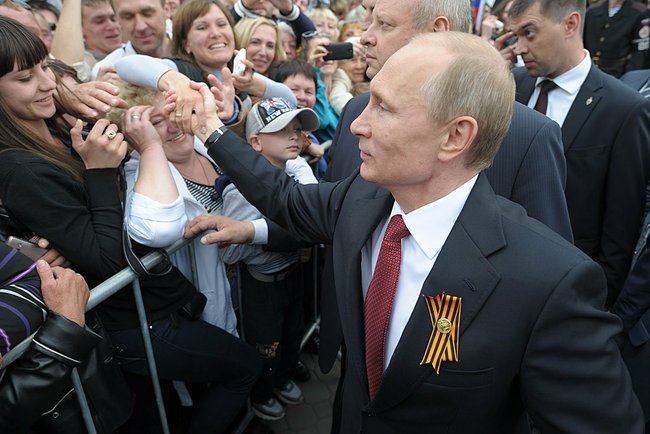
What might the consequences be for Putin if the Sinai flight disaster proves to have been the work of terrorists?
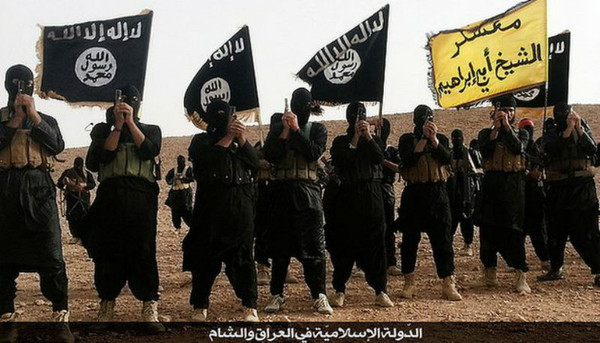
Faisal Devji argues that ISIS is best understood through an account of its superficiality, rather than through searching for any hidden depth.
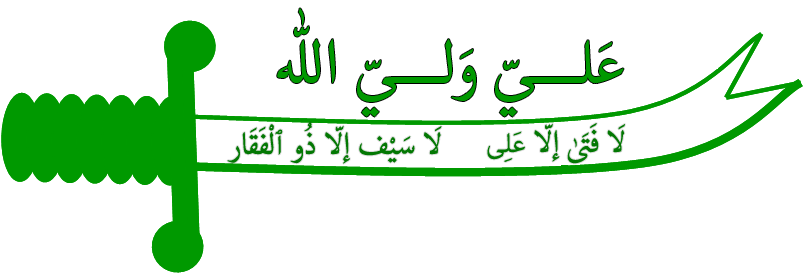
Syria’s Alawites have long used ruthless pragmatism to survive. This same pragmatism, argues Leon Goldsmith, may soon lead them to disown President Assad.
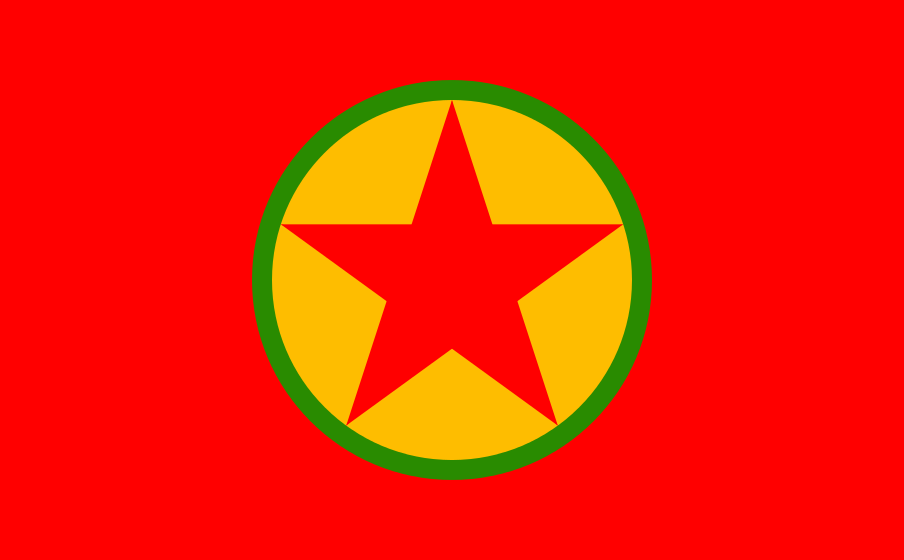
The peace process between the PKK and Turkey was hamstrung from the start by political games and mistrust, making its recent collapse inevitable, argue Simon A. Waldman and Emre Caliskan.
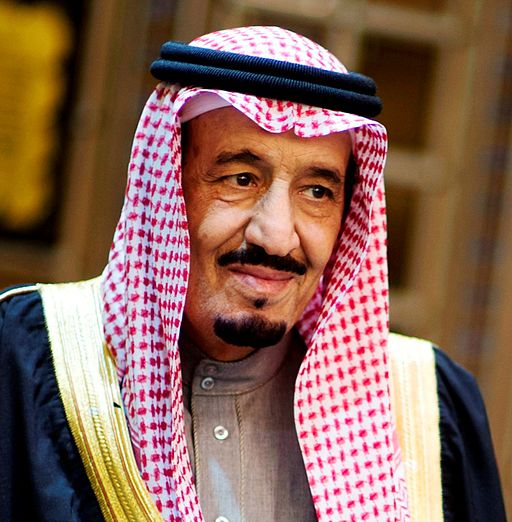
The Saudi regime must be held accountable for its promotion of the ideology that drives groups like ISIS, argues Madawi Al-Rasheed.
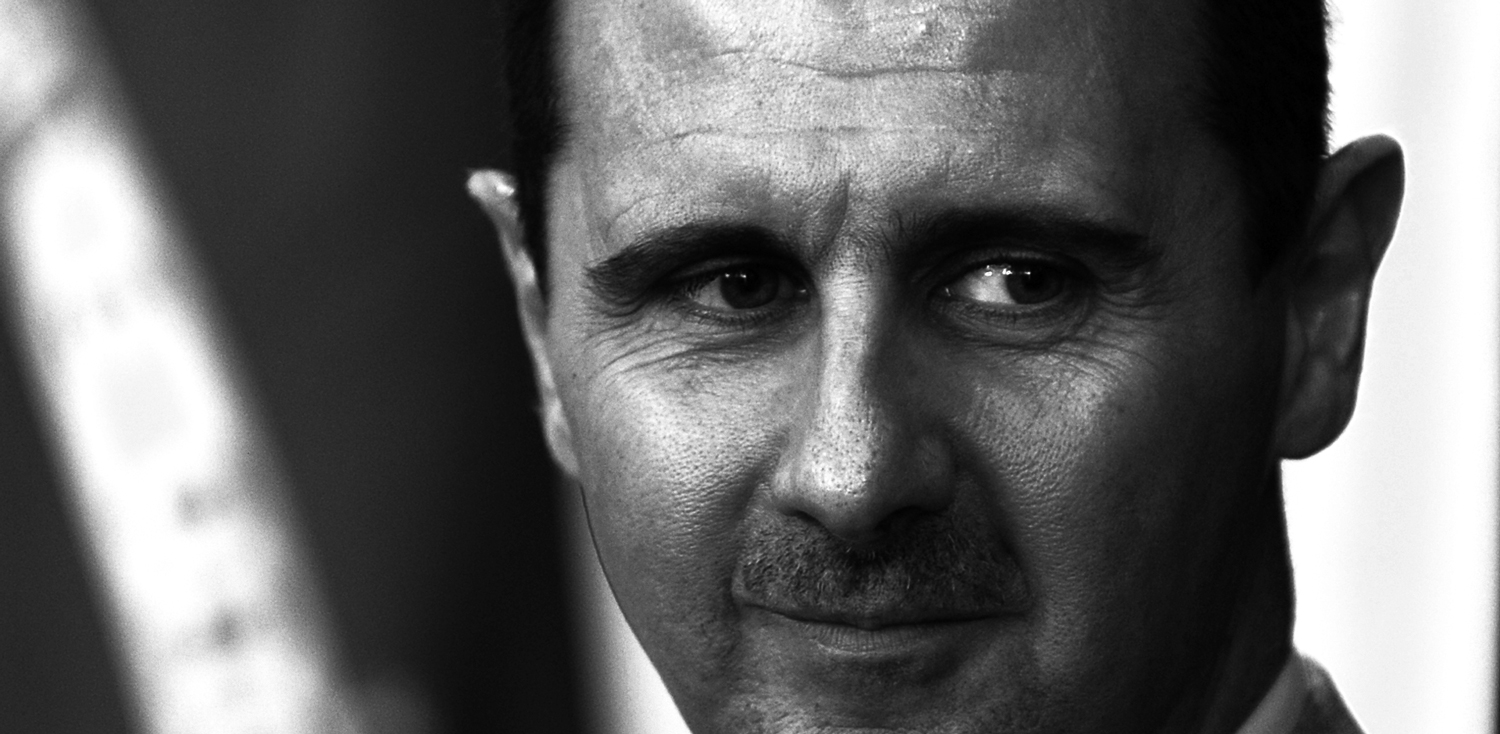
If you cannot overthrow the tyrant, co-operate with him. After four disastrous years in Syria this seems to be the conclusion the international community has arrived at.
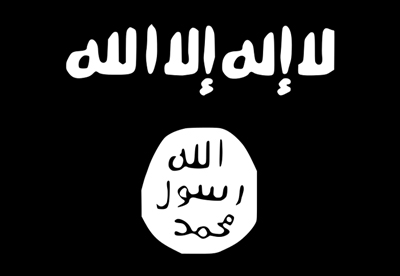
Michael Gunter and Nahro Zagros explain the origins of the Islamic State in Iraq and Syria (ISIS), how they have ruthlessly explored the weaknesses of the Syrian and Iraqi states, and why they are proving so difficult to challenge.
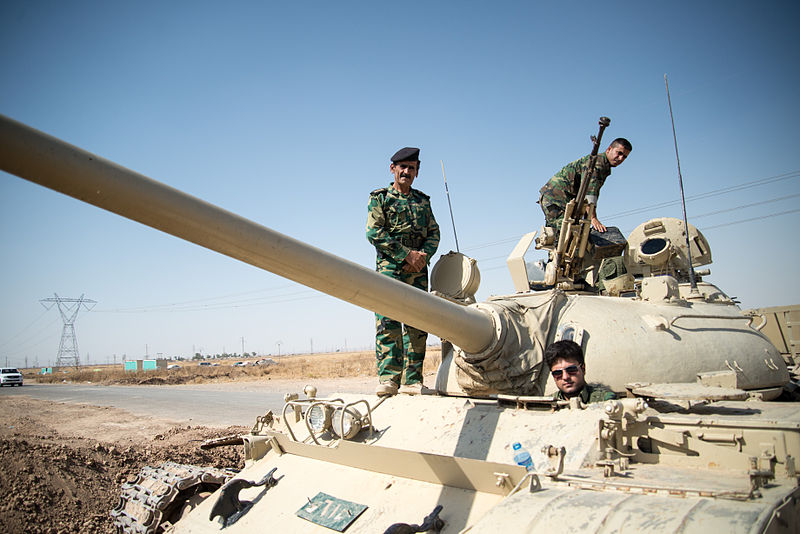
Christopher Davidson looks beyond the headlines to ask: what are the broader implications of the attack on Kobane?
Nothing left to load.